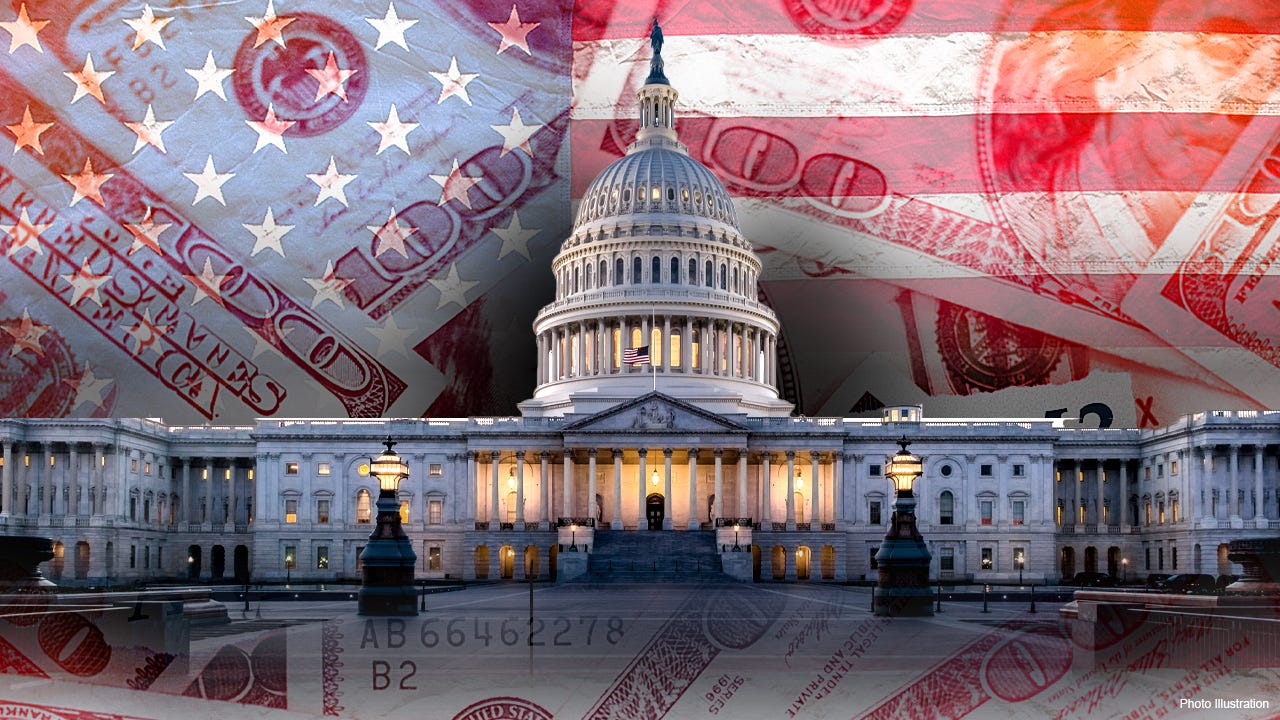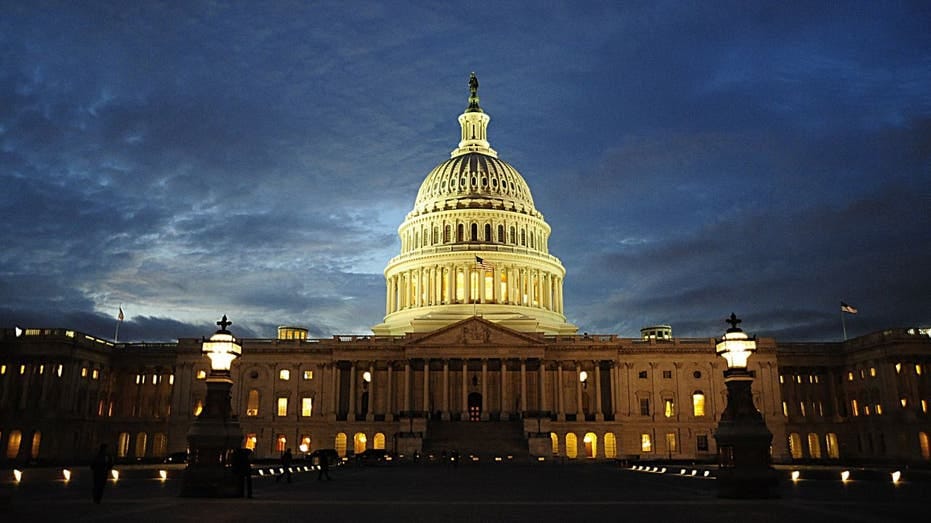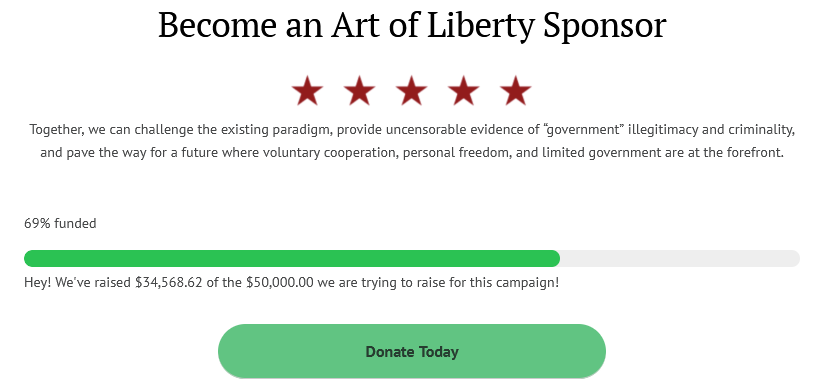US federal debt hits a new milestone: $34 trillion
The U.S. national debt topped $34 trillion for the first time ever, crossing a critical milestone at a time when government spending is already under scrutiny.
The U.S. national debt topped $34 trillion for the first time ever, crossing a critical milestone at a time when government spending is already under scrutiny.
The national debt – which measures what the U.S. owes its creditors — hit $34 trillion as of Friday afternoon, according to new data published by the Treasury Department. By comparison, just four decades ago, the national debt hovered around $907 billion.
"We are beginning a new year, but our national debt remains on the same damaging and unsustainable path," said Michael Peterson, CEO of the Peter G. Peterson Foundation, which advocates for fiscal sustainability.
US NATIONAL DEBT TRACKER: SEE HOW MUCH THE GOVERNMENT OBLIGATIONS COST
The historic debt level comes as Congress races to finalize critical funding bills in order to prevent a government shutdown.
The national debt is expected to nearly double in size over the next three decades, according to the latest findings from the Congressional Budget Office. At the end of 2022, the national debt grew to about 97% of gross domestic product.
Under current law, that figure is expected to skyrocket to 181% at the end of 2053 – a debt burden that will far exceed any previous level.
"Though our level of debt is dangerous for both our economy and for national security, America just cannot stop borrowing," said Maya MacGuineas, president of the Committee for a Responsible Federal Budget.
The White House was quick to blame Republicans on Tuesday evening for the astronomical rise in the federal debt.
"This is the trickle-down debt — driven overwhelmingly by repeated Republican giveaways skewed to big corporations and the wealthy," Michael Kikukawa, White House assistant press secretary, said in a statement provided to FOX Business.
The dome of the US Capitol is seen at dusk in Washington, DC. ((Photo by KAREN BLEIER/AFP via Getty Images) / Getty Images)
Even more worrisome is that the spike in interest rates over the past year and a half has made the cost of servicing the national debt more expensive.
That is because as interest rates rise, the federal government's borrowing costs on its debt will also increase. In fact, interest payments on the national debt are projected to be the fastest-growing part of the federal budget over the next three decades, according to the CRFB.
THANK YOU! to Everyone Who Contributed to our 1st Ever Fundraiser for the Art of Liberty Foundation! As of January 2nd we have raised $34,568 or 69% of our $50,000 goal! Donations are still coming in via postal mail and the internet so we will announce the final total next week BUT I wanted to thank everyone who contributed and/or went “Paid” on Substack. We simply couldn’t do this work without the folks who support us financially! It is so very much appreciated!! Happy New Year to All!! - Etienne








Please allow me to disagree with your numbers of "debt-to-GDP":
As of 03 Jan 2024, the US national debt-to-GDP ratio is not available in the sources provided. However, in 2022, the US recorded a Government Debt-to-GDP ratio of 129% of the country's Gross Domestic Product. The debt-to-GDP ratio is important because investors worry about default when the ratio is greater than 77%, which is the tipping point according to the World Bank. The debt-to-GDP ratio is a better indicator of a country's fiscal situation than just the national debt number because it shows the burden of debt relative to the country's total economic output and therefore its ability to repay it. The US debt-to-GDP ratio surpassed 100% in 2013 when both debt and GDP were approximately 16.7 trillion.
Another key metric is deficit-to-GDP, which is presently dangerously unacceptable @ >6% and growing. See this excellent Tucker Carlson content for illumination on how poorly the US Government and the Federal Reserve are managing our economy and federal budget:
https://tuckercarlson.com/uncensored-thefed-biden-economicchaos/